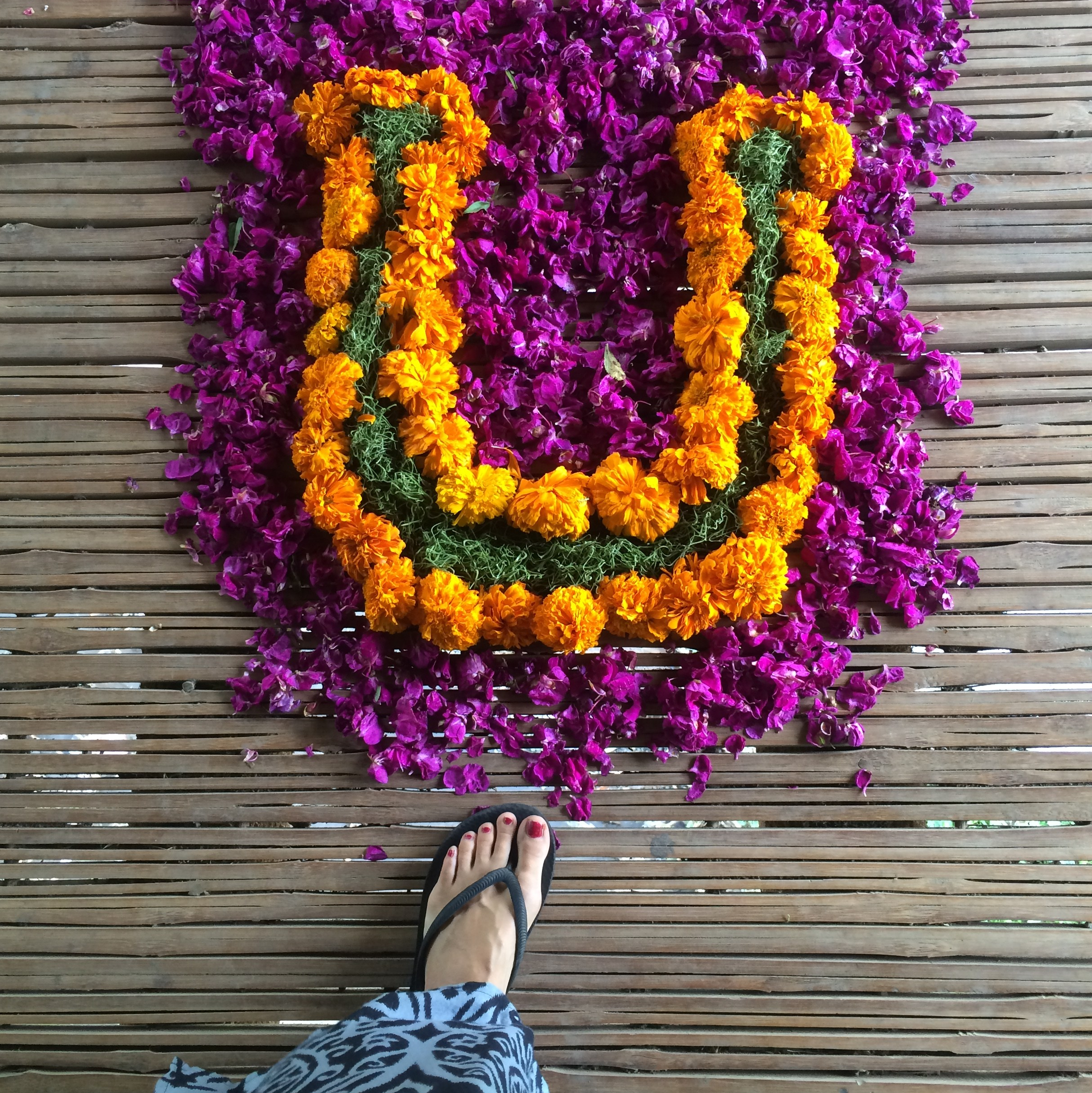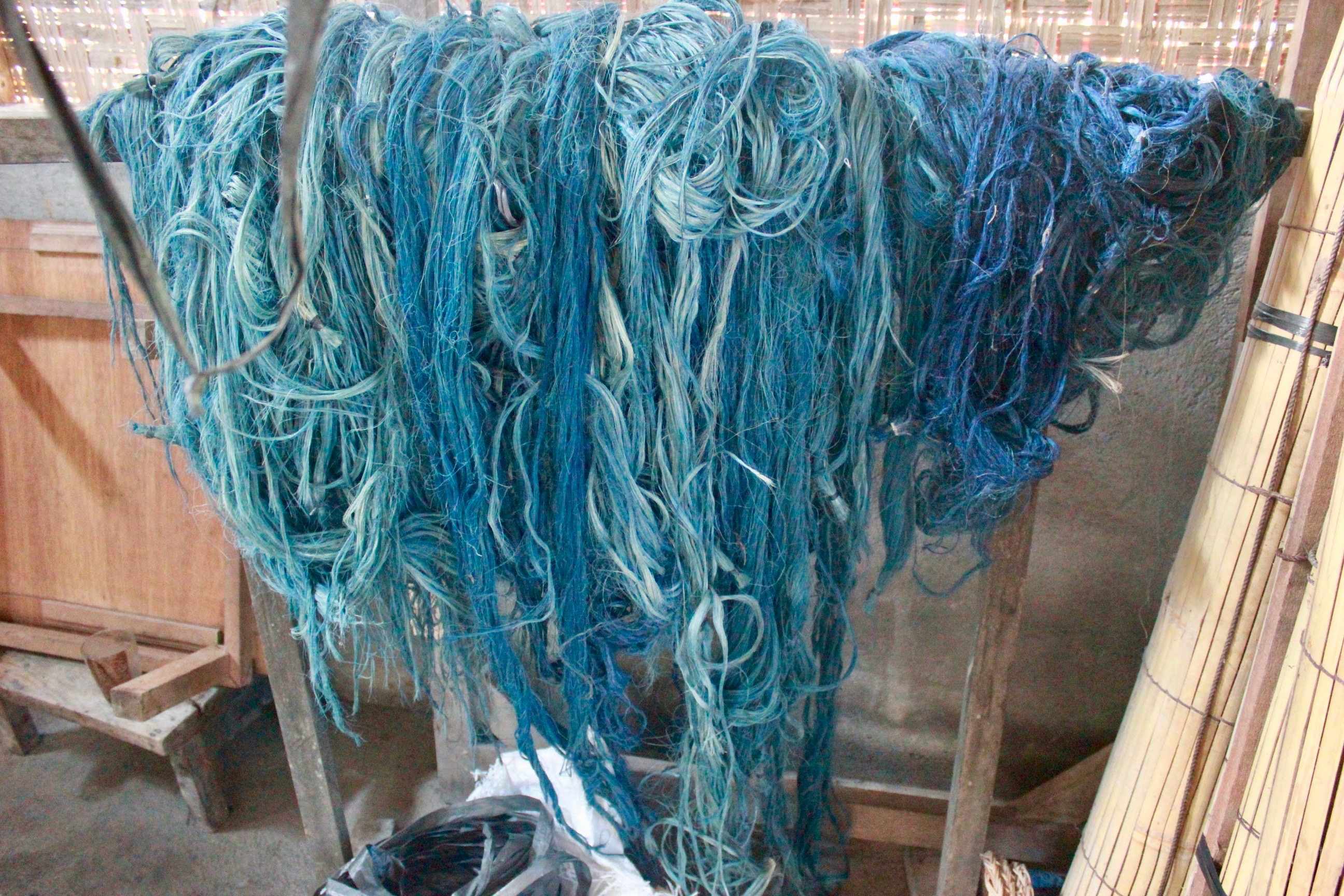I have been in the process of writing this blogpost (and another one that I will publish before the new year) for a long time – which is the reason for the prolonged period of silence at The Immaterialist. I have so many thoughts in relation to this topic… and I am finding many of my thoughts rather polemic (strangely, because they arise from an ongoing inspiriting research on the fulfilling, sustainable, authentic life that I am conducting as a part of writing my book on anti-trend).
Since I dived into the topic of oppression – by for instance studying the philosophy of Henry David Thoreau, Jean-Paul Sartre and Simone de Beauvoir – I have started to see oppression everywhere. More specifically; two different sorts of oppression: 1. Oppression excused by the oppressor by stating that the oppressed has no dreams, no desires, no other options, and is hence content with (and perhaps even grateful for) the life-situation that has been given her or him. This type of oppression typically takes place in order for the oppressor to live comfortably and enjoyably at the expense of the freedom of others. And, 2. Passive oppression or uninformed oppression. This kind of oppression typically takes place due to ignorance, or due to the oppressor deliberately ignoring the fact that his or her actions cause oppression. (I am myself to an extend guilty of the latter, and my guilt is largely connected to consumption).
I have previously written about freedom and oppression, and I have emphasised the importance of understanding that freedom at the expense of others is not real freedom. According to the existentialist philosophers Sartre and de Beauvoir (with whom I agree) we are condemned to be free. And this condemnation comes with a moral obligation. Everything we do is our own responsibility, and when we make the choice of doing something, and actually even the choice of doing nothing, we are setting standards for how one should act in a given situation.
But we cannot use the anxiety of freedom as an excuse for our active participation in or our passive acceptance of the exploitation of others. And we cannot excuse our unethical actions with ignorance, or with the statement that whoever we are oppression for our own benefit does not have a better alternative. If we do so, we are not truly free. Oppression has nothing to do with freedom and with living authentically. And hence, if our sense of freedom is interlinked with the oppression of others we are not free.
Let’s return to the two different kinds of oppression I have outlined in the above, starting with the first one.
In de Beauvoir’s Ethics of Ambiguity she describes the act of oppression as being characterised by reducing the oppressed to an object – or to pure facticity, as she puts it. In existentialist philosophy a human being consists of facticity and transcendence, which basically means that we all are or consist of both our current situation (facticity) and our opportunities or all the ways and things we could choose to be (transcendence). However, when oppressed we are stuck in our current situation with no hope, dreams or opportunities. We are reduced to pure facticity, and our prospects for transcending our current situation are diminished. Furthermore, de Beauvoir links oppression to the manipulation of desires or passion. Destroying someones desires and passion destroys his or her ability to create a life of meaning and purpose. It destroys the joyful exercise of freedom.
“The oppressed has only one solution: to deny the harmony of that mankind from which an attempt is made to exclude him, to prove that he is a man and that he is free by revolting against the tyrants. In order to prevent this revolt, one of the ruses of oppression is to camouflage itself behind a natural situation since, after all, one can not revolt against nature.”
Simone de Beauvoir, Ethics of Ambiguity
Many crafts traditions are threatened worldwide due to industrial production and underpaid factory workers. A way to fight back against this tendency is by celebrating the beauty of imperfections in handcrafted goods, as it is for example done by Threads of Life.
There have been many examples throughout history of exactly what de Beauvoir addresses in the above quote; i.e. of oppression being explained or “excused” by the fact that it is based on a natural situation. An obvious example hereof is the ongoing oppression of women excused by the notion that men and women are biologically different and hence the main role of the woman is to give birth to and raise children.
But, just because women and men are biologically different it (obviously) doesn’t make it right to maintain a state of oppression and limit the transcendence or opportunities of women – and similarly, just because I happen to be born in a part of the world with a large GDP it doesn’t entitle me to take advantage of people from less prosperous and developed countries. It is not nature! It is culture. And cultural assumptions are changeable.
Being a woman doesn’t mean that you don’t have dreams and desires that extend having children and being a mother. And being an underpaid and overworked service-employee, doesn’t mean that you don’t have a life of your own, a need to express yourself and dreams and desires.
However, what is the difference between oppression and providing people with work by employing them to service you, and hereby enabling them to support their families? Where can we draw the fine line between employment and taking advantage of someone less fortunate than oneself? I guess it has a lot to do with fair wages – but it is also linked to far more intangible values like respect and empathy. And, how do you measure such values?
The second kind of oppression, the passive one, is closely connected to consumption. When we buy things that are not produced in an ethical way; products that we know are most likely produced by workers in an Asian sweatshop who are paid an astoundingly low wage and that work long hours under horrific conditions, we are taking part in the oppression of them. And, this kind of oppression is the hardest one to come to grips with. Due to the distance between the consumer and the oppressed, the act of oppression is invisible. Consuming loads of cheap goods – particularly in this festive season – is a normal part of late-modern life! We all do it. And, we don’t feel bad about it. It is natural for us, and it is oh so easy.
In relation to this kind of oppression, I think transparency is the only way forward. The more aware we become of what is actually going on behind the fashionable curtains of over-consumption, the more inclined we will (hopefully) be to rethink how much and what we buy and consume. I am convinced that if we stop buying unethically produced goods and start demanding more insight into the conditions of factory workers, it will make a real difference for the oppressed workers.
Essentially oppression is linked to unjust inequality. But, how do we create a world with reduced inequalities?
The majority of UN’s 17 Sustainable Development Goals (SDGs) concerns inequality and oppression – and particularly three of the SDG’s are directly linked to this topic: 4) Quality Education, 5) Gender Equality, and 10) Reduced inequality.
All kids, boys and girls worldwide, love to express themselves freely. I experience this on a weekly basis when running art workshops at a local orphanage.
The problem however, with these beautiful and idealistic goals is that they are very much interconnected to a mindset with which we seem to all agree. A mindset that pretty much narrows down to the “fact” that we human beings are not born equal, and that our opportunities in life are very much conditioned by our innate status.
A paradigm shift is needed in order to experience real differences. We can legislate around inequality; create laws on educating girls in developing countries and on increasing minimum wages, but unless we feel it and live by it, it won’t make a real difference.

Whether we like it or not, we are all connected and interlinked. If I oppress someone in order to feel free and to do as I please, and if I buy all the cheap knick-knacks I want whilst deliberately closing my eyes to the fact that this action causes oppression of factory workers, I am not truly free. Just like if a country dumps a load of plastic trash in the ocean (in order to free themselves hereof), it doesn’t disappear; it floats somewhere else, and adds to our overall common climate problems.


Dear Kristine, I feel better and worse at the same time and every time when I am reading your beautful and inspiring pieces of thoughts and know-how. Terima kasih!
LikeLiked by 1 person
Thank you so much Jeroen!
LikeLike